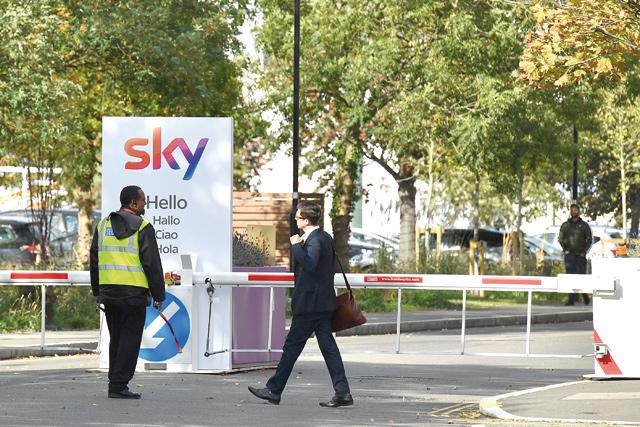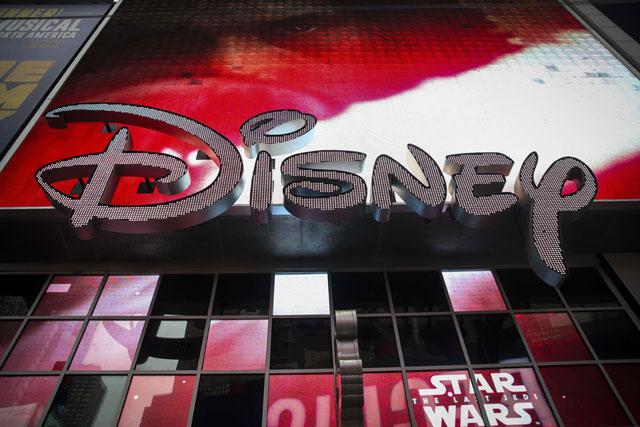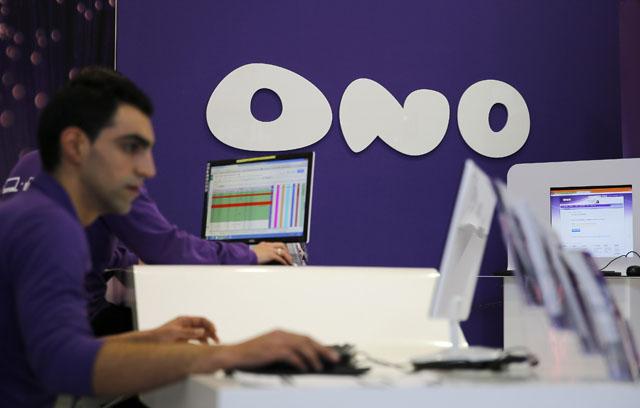You are here
BSkyB to pay $9b to create Sky Europe
By Reuters - Jul 26,2014 - Last updated at Jul 26,2014
LONDON/PARIS — Britain's BSkyB has agreed to pay $9 billion to buy the Rupert Murdoch's pay-TV companies in Germany and Italy, taking its hunt for growth into Europe by creating a media powerhouse with 20 million customers.
Under the deal, BSkyB will pay Murdoch's 21st Century Fox for the pay-TV companies using cash, debt, its stake in a TV channel and a placing of shares that represents around 10 per cent of its issued share capital. Murdoch is also the largest shareholder of BSkyB.
The deal, which will make BSkyB the leading pay-TV provider in Europe, adds to a flurry of consolidation in the global media sector as traditional entertainment companies seek to bulk up to compete against more nimble Internet rivals.
Fox is expected to use the proceeds to fuel its pursuit of Time Warner, which recently rejected a bid by Fox of $80 billion.
BSkyB had flagged a possible deal for Sky Deutschland and Sky Italia in May. The price announced on Friday was slightly lower than expected by some analysts and the cost and revenue benefits higher.
But BSkyB's shares fell 5 per cent, pulled lower by the plan to issue stock and suspend a share buy-back.
"It is a bit of a step in the unknown for Sky," said Conor O'Shea, an analyst at Kepler Capital Markets. "For the first time, it will go from UK-focused to European and be asked to prove that it can add value from being larger."
O'Shea has a "buy" rating on BSkyB shares.
Facing the toughest market conditions in its 25-year history, BSkyB has decided its future growth lies in creating a European pay-TV leader that will operate in Britain, Ireland, Germany, Austria and Italy.
BSkyB dominates British pay-TV, offering its premium sports, movies and US drama programming to more than 10 million homes. Of 97 million households in the five countries it wants to target, 66 million are yet to take pay-TV.
"Sky is clearly taking the strategic view that pay TV, already ingrained in the US culture, will become prevalent in Europe," said Richard Hunter, head of equities at Hargreaves Lansdown.
European tie-up
Fox owns 100 per cent of Sky Italia, 57 per cent of Sky Deutschland and 39 per cent of BSkyB. BSkyB will pay £2.45 billion ($4.2 billion) for Sky Italia and £2.9 billion for Fox's 57 per cent stake in Sky Deutschland.
Under German takeover law, BSkyB also has to make an offer for the minority investors in Sky Deutschland, but with only a small premium on the table, analysts doubt that many will sell. The overall price for the deal would rise to around £7 billion if German investors did sell out.
For Sky Italia, the price will be made up of cash and BSkyB's 21 per cent stake in the National Geographic Channel, valued at around £382 million.
Fox said it would subscribe to the share issue to keep its stake in BSkyB stable, meaning it will take net proceeds from the deal of around $7.2 billion. The placing raised £1.4 billion, according to traders.
In the eyes of many media executives and investors, programming and content are now seen as more valuable than the infrastructure that carries it to people's homes.
That change has been driven in part by firms such as Netflix and Google's Youtube, which have taken away viewers from traditional pay-TV services delivered by satellite operators or cable companies.
The shift has led some like Murdoch's Fox to concentrate more on content, but for those like BSkyB that remain in both content and distribution, they need to invest heavily in technology and fresh programming to see off the challenge.
Drive down costs
BSkyB's deal is a bet that it can squeeze out costs on everything from set-top boxes to broadcasting rights. It aims to reap £200 million of annual cost savings by the end of the second financial year, with revenue synergies coming after that.
It will compete with John Malone's Liberty Global, which is available in 12 European markets.
Analysts said the deal could make BSkyB an attractive takeover target in the future for a group such as Vodafone which has been buying fixed-line assets in Europe to bolster its mobile offering.
Vodafone Chief Executive Vittorio Colao told reporters the deal could make BSkyB more appealing in terms of the content sharing agreements the two companies already have.
"It demonstrates that in a world which is increasingly digital it is important to have scale and cross-country presence, which is exactly what Vodafone has," he said.
The increased scale, and the fact the group has not hiked its leverage too high, should also bolster BSkyB when it goes up against telecom group BT in the next auction for English Premier League rights — its most important offering for many of its subscribers.
Risks involved
The deal is not without risks, however, and it could take a while for the creation of a "Sky Europe" to pay off.
Sky Italia, Italy's biggest pay-TV operator, has lost 220,000 customers since its peak in 2011 as the country's prolonged economic downturn led more people to ditch their monthly TV packages.
Sky Deutschland is growing strongly in terms of customer additions and revenue, helped by the appeal of its domestic and European soccer matches, but the percentage of those willing to pay for TV in Germany remains low — below 20 per cent.
The company's credit rating is likely to be downgraded. Its ratio of debt to core earnings will also move to just below 3 from the current level of 1. As a result, the group said it would not resume share buybacks or do any further acquisitions until its leverage target was achieved.
Chief Executive Jeremy Darroch said he did not envisage any regulatory problems with the deal.
Related Articles
LONDON — Comcast beat Rupert Murdoch's Twenty-First Century Fox in the battle for Sky on Saturday after offering £30.6 billion ($40 billion)
Walt Disney Co. has struck a deal to buy film, television and international businesses from Rupert Murdoch's Twenty-First Century Fox Inc.
Vodafone has agreed to buy Spain’s largest cable operator Ono for 7.2 billion euros ($10 billion), the latest hefty deal in a European telecoms sector starting to rebuild as the region recovers from a recession.














